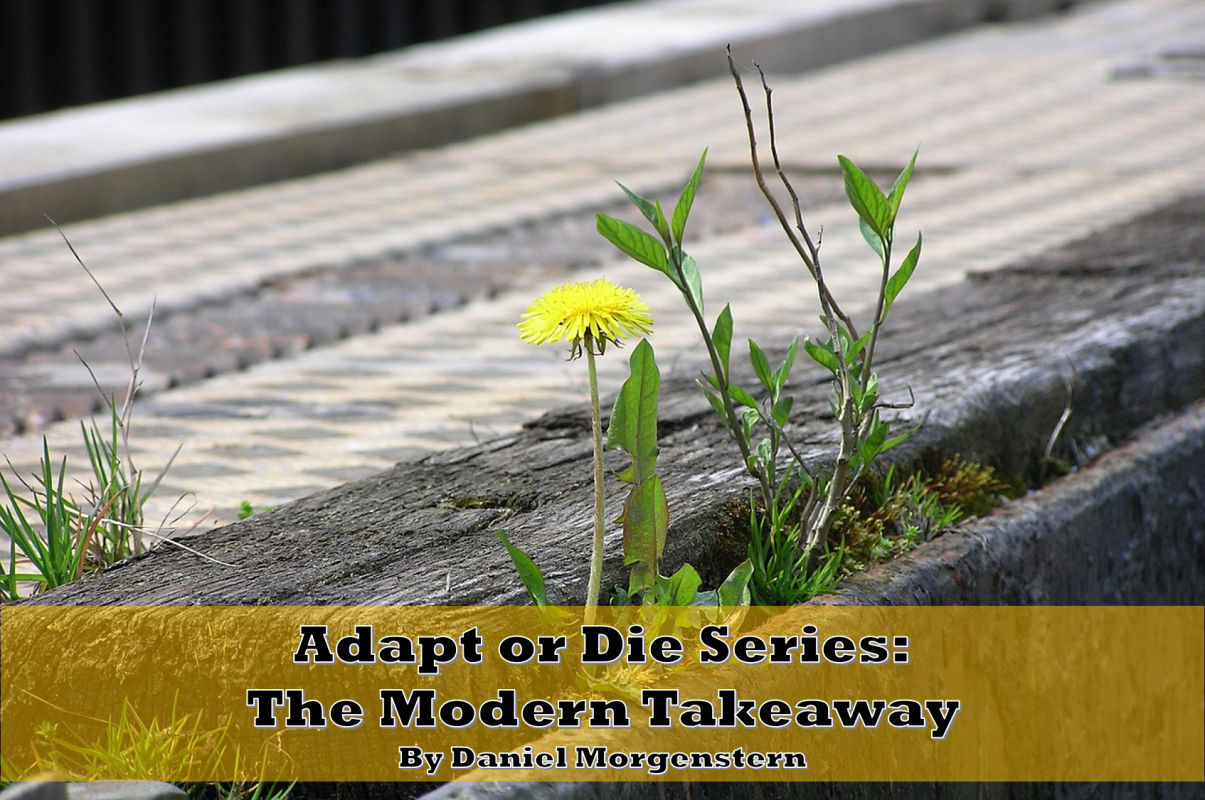How people learn
Adapt or Die Series
Part 3: The Modern Takeaway
“What’s true of nations is often true of organizations and even our personal lives.” If you’ve followed our Adapt or Die series then you’ve heard that phrase a couple times. But do we really believe it? In our lives, we probably don’t face national security problems like in the stories from our series, but focusing on that difference will mean we lose something. We are not Chinese and Japanese imperial leaders but we are human like them so we fall for the same traps and are uplifted by accepting the same truths.
So what are those traps and truths? Well let’s take it one country at a time.
What can we learn from the Chinese story? Just because you earned a lead in a field or skill does not give you permission to slow down. You put effort into developing that lead and it will take effort to continue it.
The best church planting mission organizations keep learning what people want out of a church. Awesome listeners actively and continually make time and emotional margin to fully engage with people. Top language teaching mission organizations continue updating to reach shifting learning audiences. Wise parents learn as much from their kids as their kids learn from them. You have leads, skills, and reputations that you value. To keep them you have to stay out front and that means constant movement. Slow down too much and the rest of the world will leave you behind.
What can we learn from the Japanese story? Change is the most difficult and most rewarding thing you will ever facilitate as a leader. Stagnation is dangerous because it’s so easy and comfortable; just keep doing what you’re doing. Without regular self-assessment this comfort can even lead us to enshrine stagnation as honored traditions. When the storms come and our old methods aren’t working anymore it isn’t easy to lead away from the comfortable place.
It’s hard to change a mission away from sending pastors and evangelists to sending trainers of local ministers. It’s scary to send a first child off to college. It’s heartbreaking to say goodbye to a coworker that refuses to adapt. It’s demanding to change careers in the middle of life. Your life is changing whether you choose it or not. You’re either the arbiter of change or its victim. It’s hard to change on purpose but it’s worth it.
“Adapt or Die” it’s your choice. And if you want to adapt but don’t know how, we have these courses that will give you the tools you need to keep moving.
Learning Culture through Purposeful Observation
Contextualization and Culture Study
Thank you for joining us for this series.


